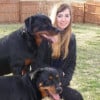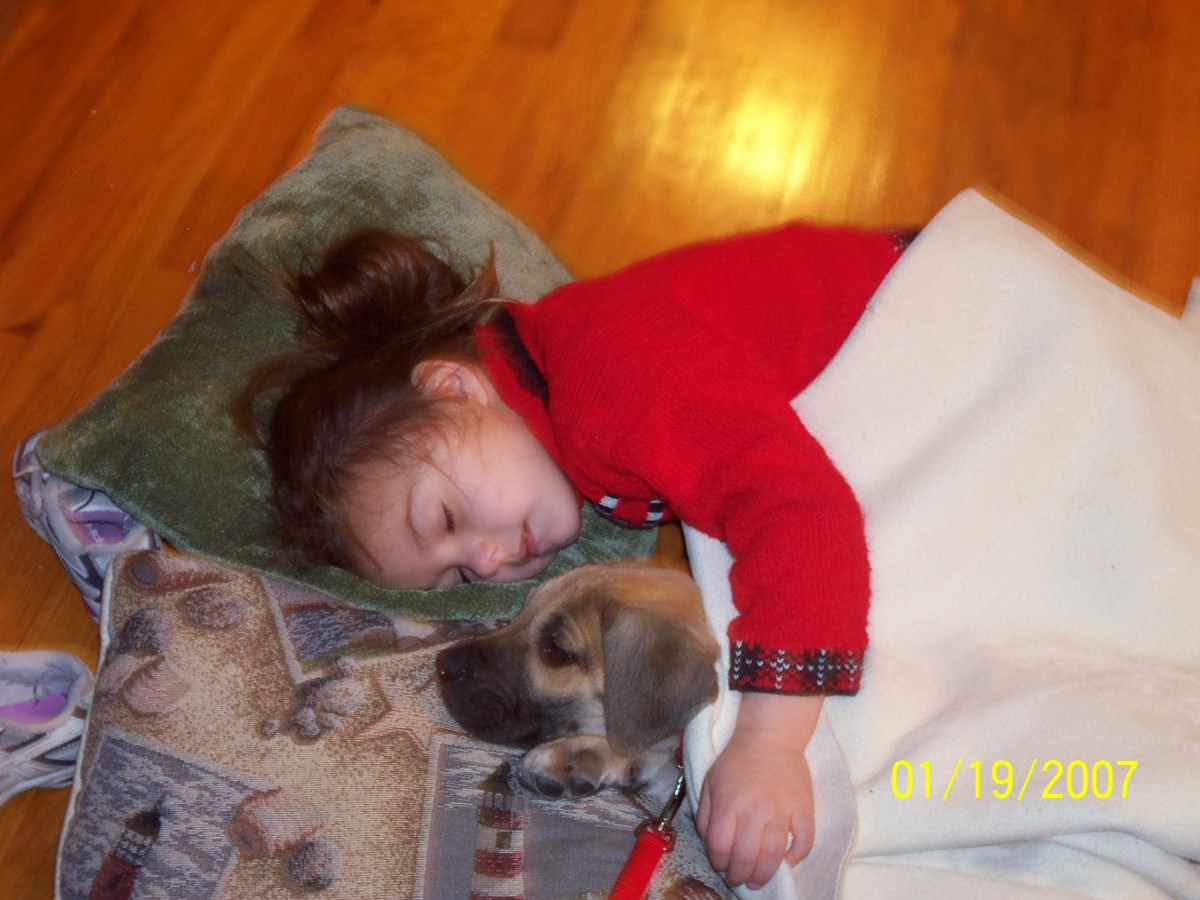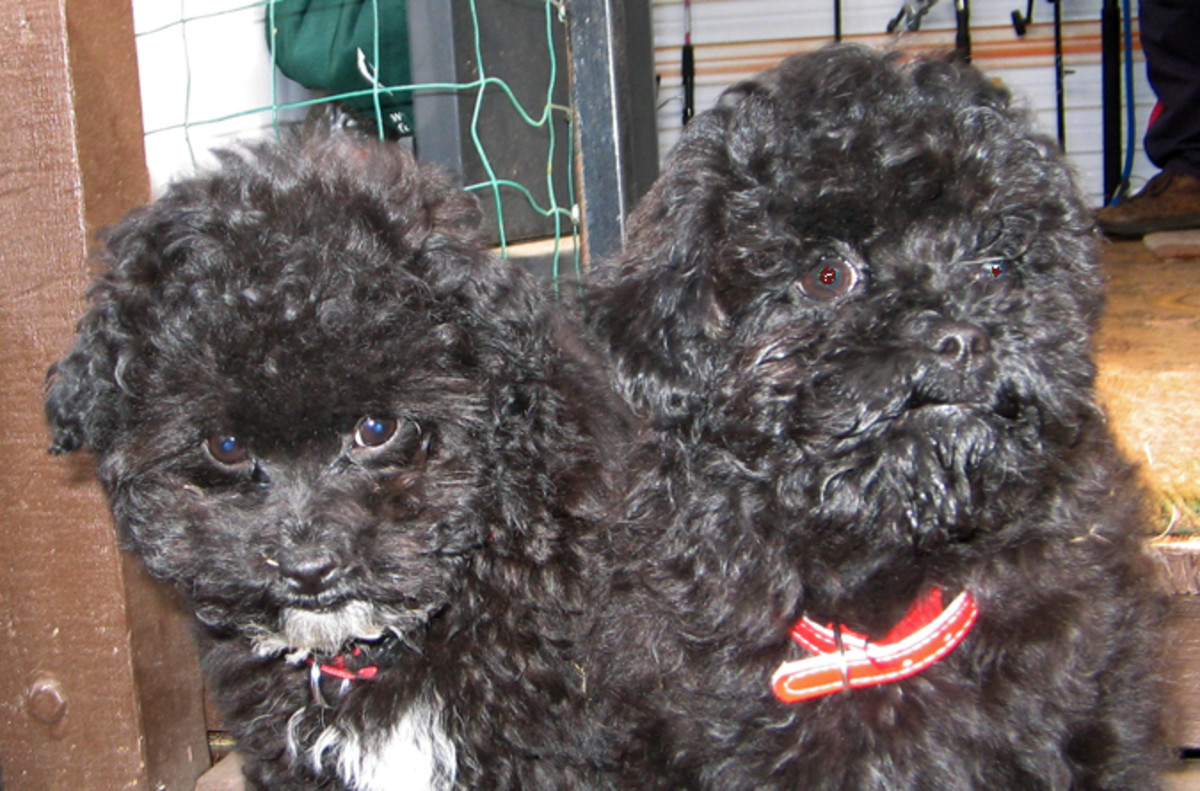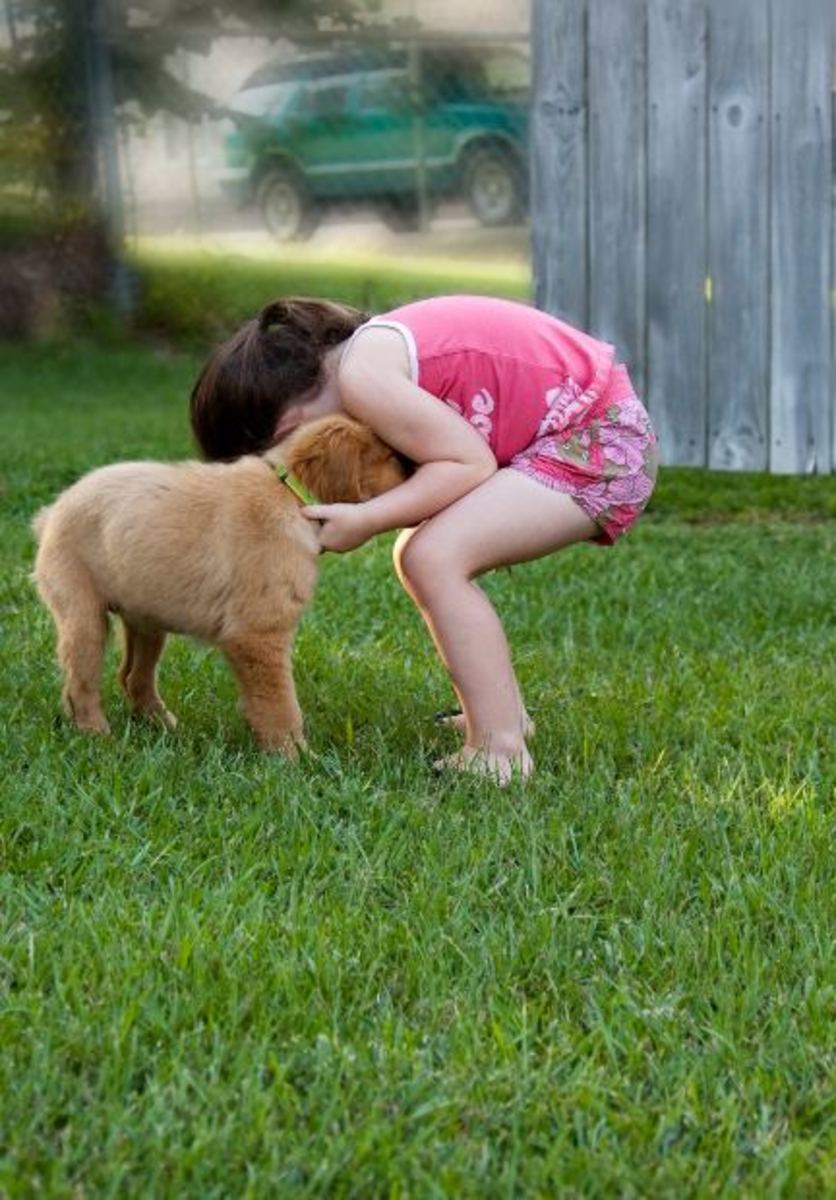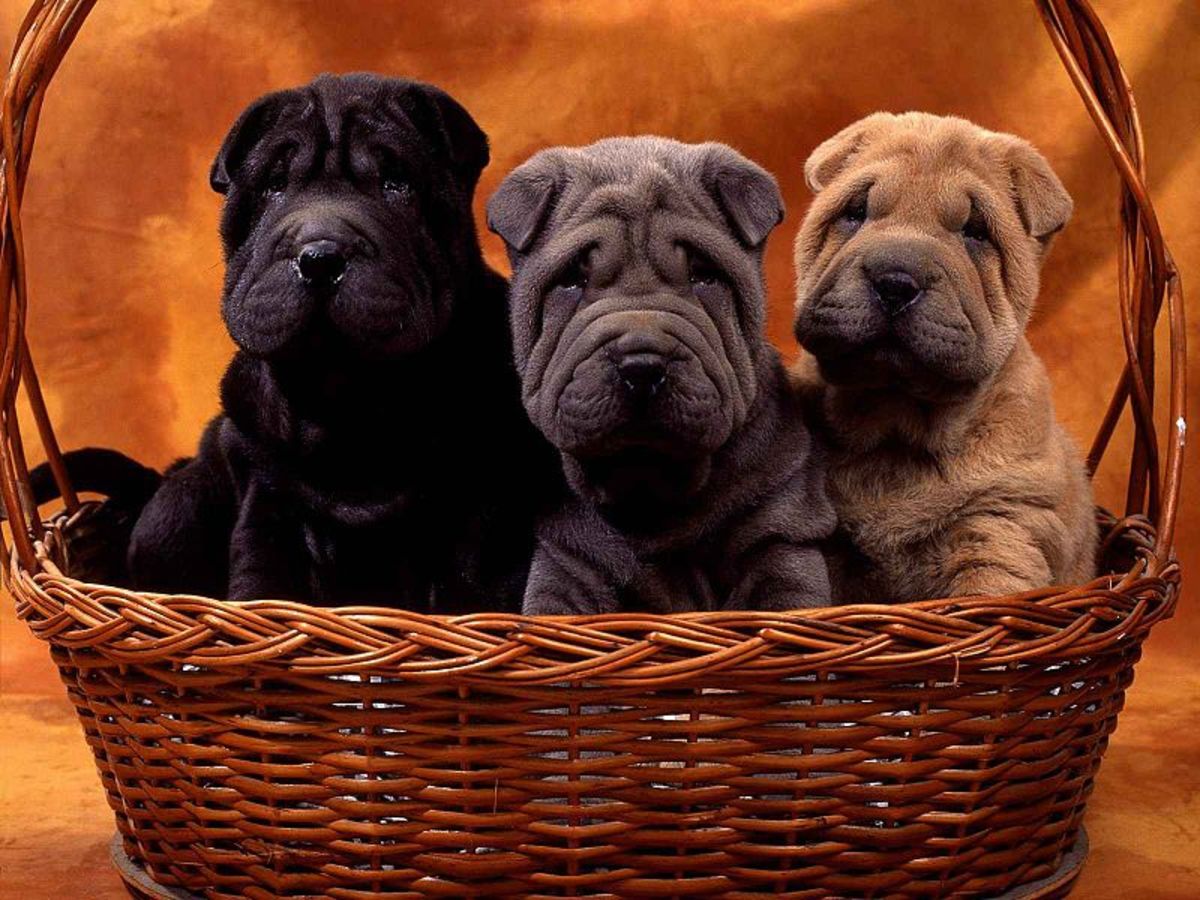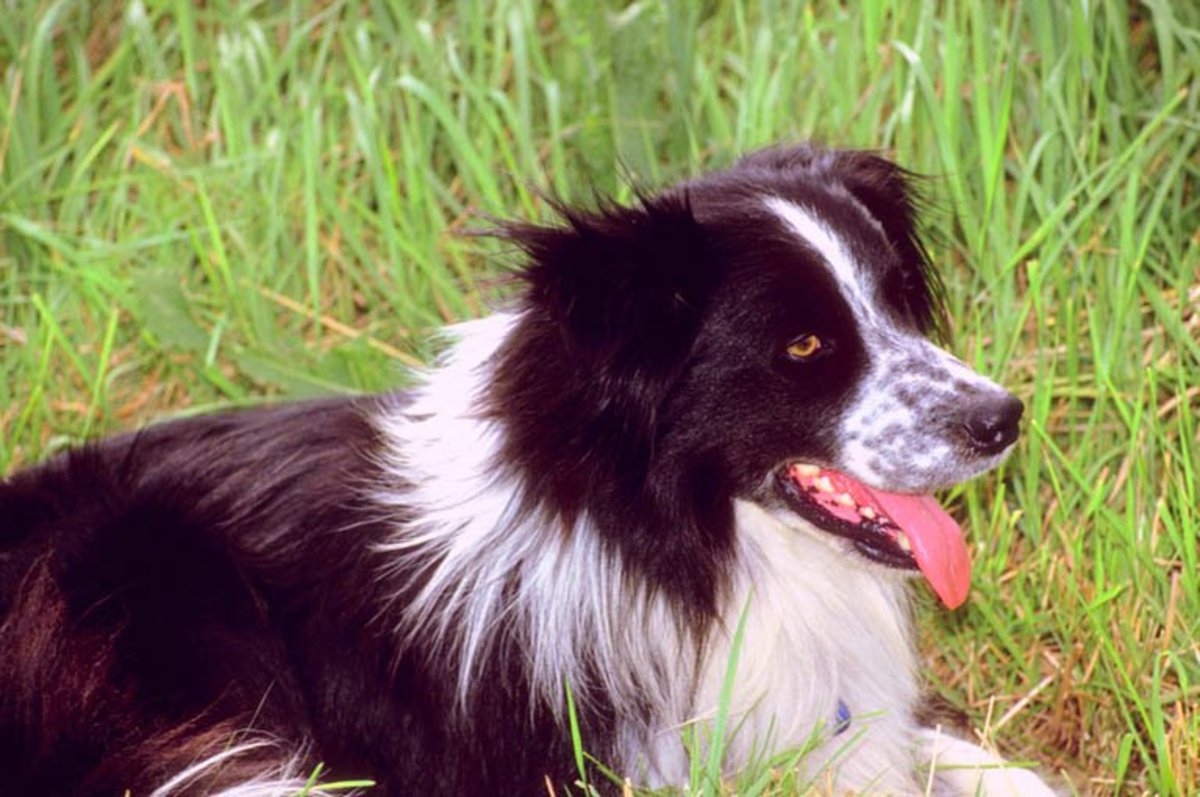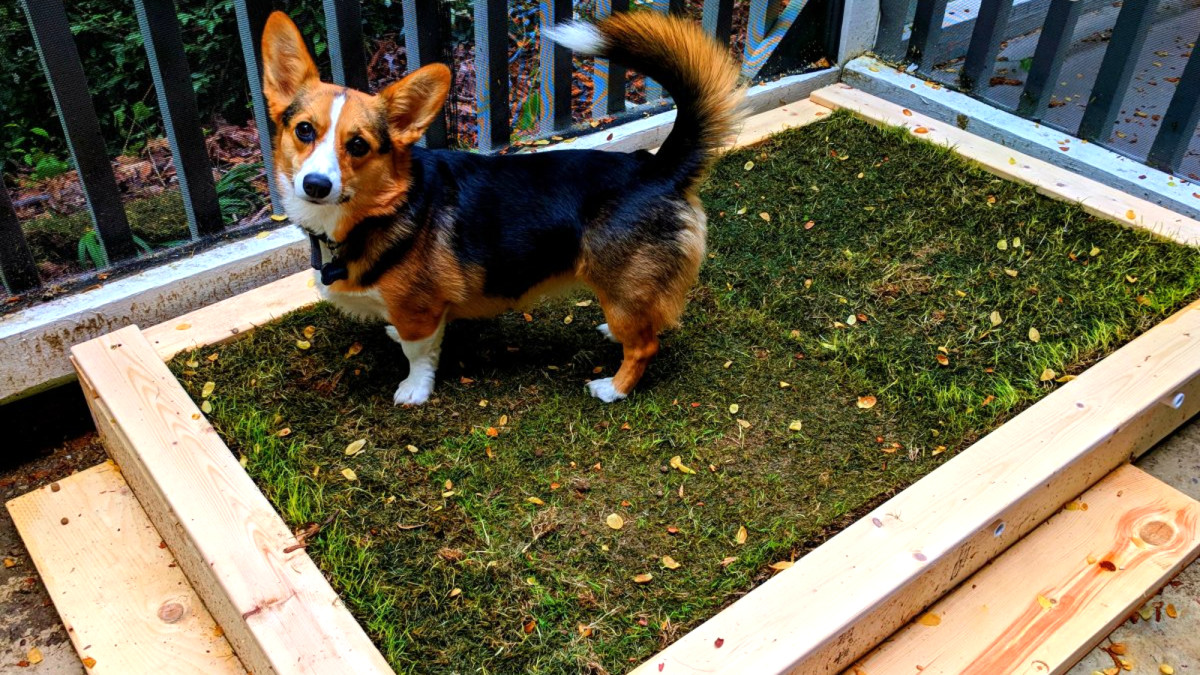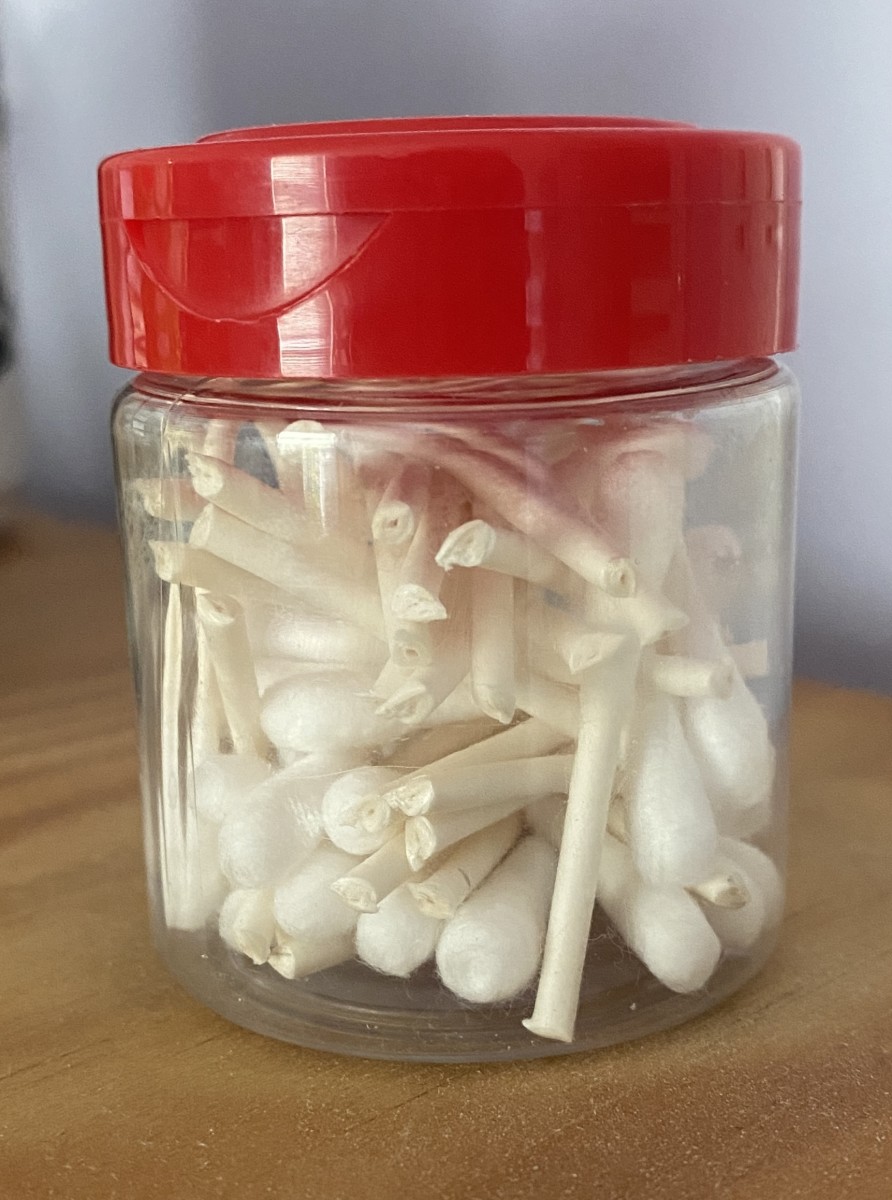The Importance of Taking your Puppy to Puppy Classes
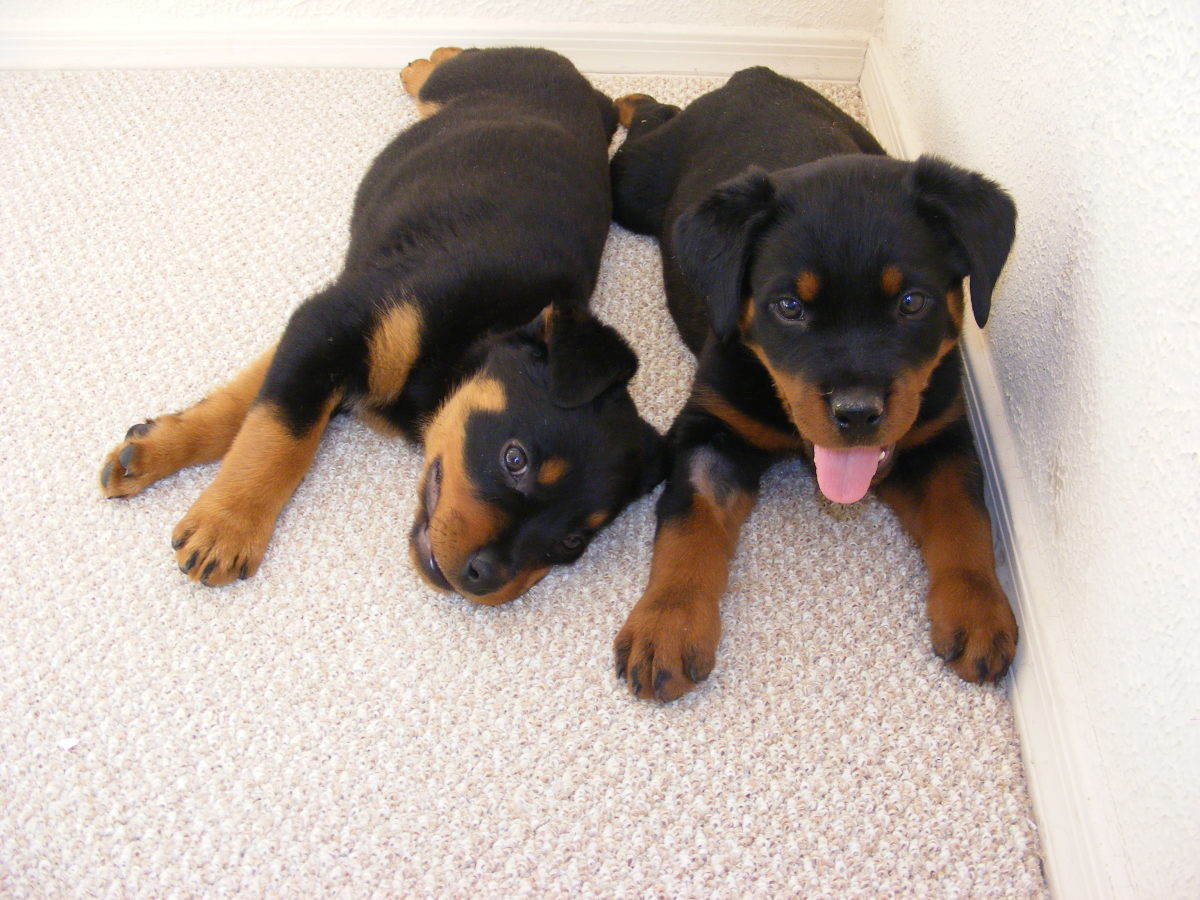
Why Take a Puppy to Puppy Classes?
Puppy classes: there are those who religiously take their puppies and there are those who don't even know they exist. The issue is that not many people are aware of what they really are. At a first glance, puppy classes may just seem like puppy play dates where people have fun observing a bunch of puppies and chatting with other puppy owners. At a second glance, a more important picture is released, there' s much, much more going on than letting puppies play off leash and watching their antics. So what are really puppy classes and why are they so crucial?
For starters, puppy classes are not play dates and they are also not meant to be classes for training obedience exercises such as lay down or stay. Puppy classes are there for SOCIALIZATION. Indeed, the first few months of a puppy's life are crucial as there's a small window of opportunity that is ticking if you don't intervene in a timely manner. This brief period starts when the puppy is still with the breeder at around 4 weeks old and ends when the puppy is in the new owner's care around 12 to 16 weeks.
During this stage puppies are like sponges, virtually absorbing and gaining information about the world. They're like little bundles of play dough ready to be morphed by life experiences. Coincidentally, this period of time coincides with when puppies are most vulnerable to infectious diseases. Your vet may have warned you about deadly Parvo and how it's important to keep your puppy away from other pups during this time. If you ever stumble upon a vet who tells you that puppies should live in a bubble to prevent dangerous disease and should start classes only once they are 6 months old, think again! According to Dr. Karen Overall: ''The single biggest killer of pets is not infectious disease; it is behavioral problems.”
This does not mean playing Russian roulette and risking your puppy's health. It means doing everything possible to prevent infectious disease while not missing out on socialization during this crucial period of time. Your puppy will need to be vaccinated and the trainer will need to verify vaccination records and do everything feasible to make sure all puppies are healthy in class.
What happens if you fail to attend puppy classes or don't have time to socialize your puppy? Well, lots of work ahead. Most importantly, your puppy will miss out the time when he's most receptive to stimuli. This means this crucial time will be irreversibly lost. Gone. Once this window of opportunity is left behind, all you can do is help undersocialized puppies cope with novelties through desensitization and counter conditioning strategies which may or may not work. It all boils down to the saying "an ounce of prevention is worth a pound of cure."
What Happens in Puppy Classes?
What happens in puppy classes? Well a whole lot, so much, you'll have a hard time keeping up with all the advice and tips your trainer will give you. For starters, puppy classes teach your puppy how to relate with other dogs. Don't assume that your puppy will have enough socialization if he has a sibling to play with or goes out on walks with a room mate. These random, familiar encounters don't count. That's almost like saying, "I won't send my child to kindergarten because he has a sister to play with." Your puppy will need to be exposed to many different types of pups of different breeds, sizes, temperaments and play styles. And on top of that, your puppy will need to be exposed to as many people and different stimuli as possible.
To sum it up, expect a puppy in a puppy class to learn more about:
- Bite inhibition
- Handling exercises
- Collar grabs
- Off leash play
- People socialization
- Dog-to-dog socialization
- Exposure to older, well-adjusted dogs
- Pass-the puppy games
- Sensorial exposure
- Management strategies for owners
- Tackling common behavior problems in pups such as nipping/chewing/barking
- House soiling
- And much more!
What to Look for in a Puppy Class
Puppy classes are the backbone of your pup's learning. How to recognize good puppy classes? First look for an experience puppy class trainer. Some pet training organizations assign puppy classes to the younger,inexperienced staff, explains dog trainer Terry Ryan in her book "Coaching People to Train their Dogs" The reasoning behind this is that puppies are less likely to hurt one another, the owners have good control over them and the goals are less rigid. This is far from true; it just takes one mistake to leave an indelible impression that can remain for a very long time. In a good puppy class look for:
- Knowledgeable trainers
- Trainers who check the pup's collars before class
- Trainers who check puppy vaccination records and request proof of vet examination
- Puppies of similar ages (an older pup may be quite intimidating to a young, small, pup)
- Children should be under control (the wrong child-pup interaction may cause negative associations)
- Puppy play in small groups of compatible pups
- Play is interrupted before it gets out of hand
- Trainers are willing to provide advice and answer questions after class
- Trainers provide handouts recapping what happened in class
- Class premises are disinfected properly after class
As seen, puppy classes lay the foundation for a well-adjusted pup. While that window of socialization closes at 16 weeks, remember that all dogs benefit from ongoing socialization and training to polish those skills and keep them up-to-date.
Alexadry © All rights reserved, do not copy.
Puppies Getting Used to Walking on Different Surfaces
For further reading
- Secret Strategies for Potty Training your Puppy
Learn effective strategies for potty training your puppy. How to potty train your puppy faster and more effectively. - The Importance of Training Your Dog the Leave it and...
Learn why these two commands are life savers and why it is imperative that all dogs should know what they mean. Learn how to train both commands for a better and safer companion. - Dog Behavior: Understanding the Dog Flight Instinct ...
Why is your puppy suddenly no longer listening to you? If your puppy is between 4 to 8 months, it could be he is going through his flight instinct period, an important developmental stage.
